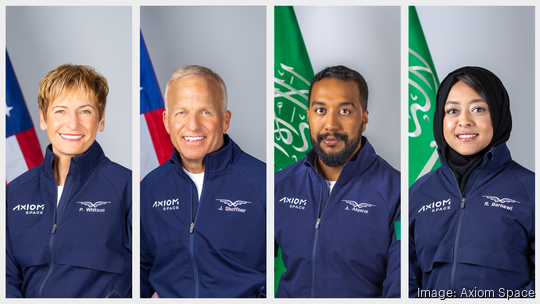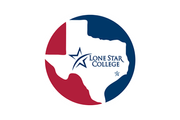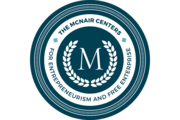
Houston space tech company Axiom Space's preparations for its second commercial mission include making sure astronauts are ready to handle the rigors of space, and it partnered with one of Houston’s major health care players to help.
The Axiom Mission 2 astronauts have been going through training programs run by Houston Methodist to ensure they will be physically ready to fly into space and perform tasks. A Houston Methodist spokesperson confirmed the partnership would run beyond the conclusion of the mission. The Ax-2 crew members have been training together since September, Axiom officials said.
The mission will launch on May 8 and run for 14 days at the International Space Station, according to NASA and Axiom.
According to Cathy Easter, president and CEO of the Houston Methodist Global Health Care Services arm, the deal came about through the hospital’s unit for employer relations, which connects with businesses to find health care for their employees. Houston Methodist had previously partnered with NASA for its own past missions.
“This is an extension of what we've been doing with employers in our market — it's just a very different business sector,” Easter said. “The partnership with Axiom is quite exciting, not only getting their astronauts ready for space but also all the unique opportunities and challenges that are facing Axiom as they work on projects like their new spacesuit.”
Ax-2’s four-person crew includes two mission specialists from the Kingdom of Saudi Arabia, which is launching its space program. Easter, whose responsibilities include overseeing Houston Methodist’s programs in other countries including the kingdom, said Saudi Arabia’s inclusion was a bonus selling point for the health system.
Compared to NASA missions, Axiom draws from a wider pool of candidates for missions, including people who have not previously been trained for spaceflight. The long-term goal is for people of any physical condition to be able to fly in space, said Mike Harrison, Axiom’s chief medical officer.
“NASA and other professional space organizations, through a selection, they do what is called buying down risk,” Harrison said. “When you get 18,000 applicants for 10 spots, you can pick the healthiest of the healthy for your astronaut. Commercial spaceflight looks to turn that upside down — I would like to send all 18,000 to space.”
Sending more people into space could also provide other approaches into treating diseases on Earth through the observation of the effects of space on the human body, Harrison said.
Houston Methodist’s athletic trainer, Jenna Tubbs, who does hands-on work with the crew, compared their regimens to the athletic training she normally does.
“For the most part, they're athletes, and we’re going to train them just like we would any other athlete to get them ready for [space],” Tubbs said.
The collaboration between Axiom Space and Houston Methodist extends beyond the astronauts. According to Brett Brousseau, Houston Methodist’s system director for employer solutions, the health system was involved in the physical examination for Axiom’s recently revealed AxEMU space suit, which will be used for the NASA Artemis III mission after the company won a $228.5 million contract.
“On the collaboration with us, we [coordinated] the physical [exams Axiom developed] to help them test the spacesuit,” Brousseau said. “[Continuing] that open dialogue and collaboration between the two organizations will help us be better at medically testing what they need.”
Harrison said the crew’s findings would be published through organizations such as the Translational Research Institute for Space Health, a department of Baylor College of Medicine. Although he did not comment on specifics, Harrison pointed to the effects of microgravity on stem cells and cancer cells as an example topic for research in space.
Research from the Axiom missions would then lead into potential manufacturing opportunities on Axiom Station, the company’s planned low-Earth-orbit space station. Axiom is currently building a 22-acre facility at the Houston Spaceport to eventually produce the Axiom Station. While construction is underway, the company maintains a lease at a 146,000-square-foot former Fry's Electronics building as well as a separate facility to produce its spacesuits.
On March 14, NASA also announced that Axiom Mission 3 will launch no earlier than November 2023 and is expected to spend 14 days docked to the space station. Axiom has partnered with SpaceX since 2021 for four commercial space missions, starting with last year's Axiom Mission 1.
The advances in Texas-based companies such as Axiom, SpaceX and Intuitive Machines (Nasdaq: LUNR) — which recently went public — led professional services firm PriceWaterCoopers to rank the Lone Star State first in the nation in aerospace investment in a recent report.
Meanwhile, Houston Business Journal research ranked Houston Methodist the third-largest health care system in the area by bed count, with 3,148 licensed beds in 2022.





